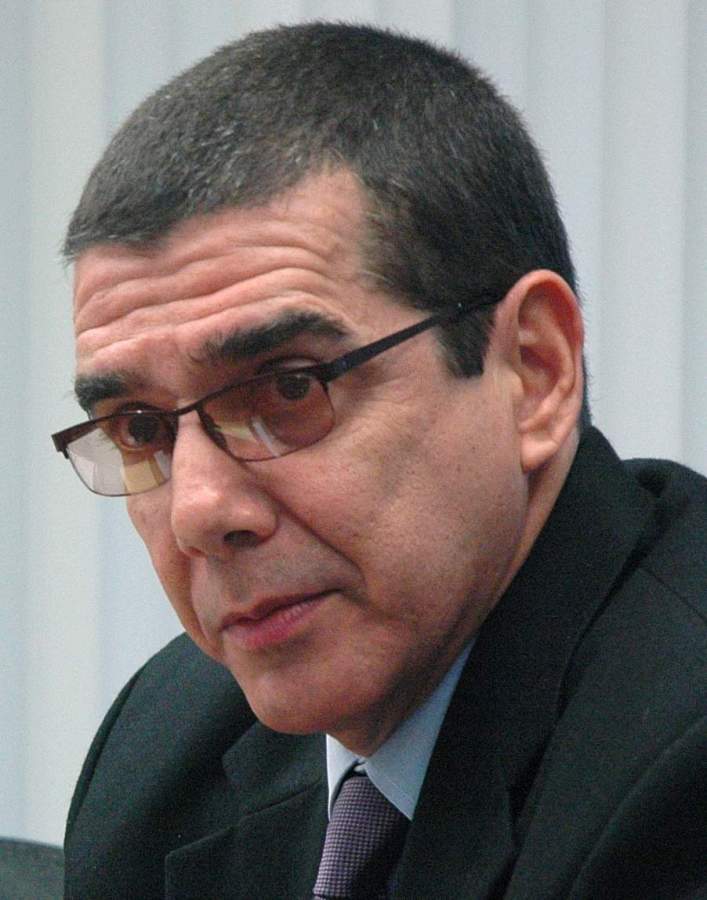Students and staff anticipate visit from Cuban ambassador
Ambassador Rodrigues will visit South October 7th to discuss Cuban interests with South students. Photo courtesy of: Karen Holly
October 5, 2014
“I don’t think a lot of students are thinking about Cuba, I think it’s on the periphery. It’s very important to be globally aware and Cuba is certainly part of that,” Spanish teacher Sheila Willette said.
The relationship between Cuba and the United States is somewhat fraught. “The United States refuses to trade with cuba and prohibits – through a variety of sanctions and threats and bullying – a lot of other countries from trading with Cuba. Which means Cuba is kept artificially isolated from the rest of the world. I went [to Cuba] because I thought it was really important to find out more about why that was happening,” Mary Manor, an English teacher, explained.
South students will have a unique chance to learn more about Cuba when we welcome an international ambassador to our school this Wednesday, the 7th. Dr. Jose Cabanas, the Chief of Cuban Interest Section Ambassador will be visiting. “[The goals are] to help the Ambassador understand the American education system and local priorities… offer students a unique chance to hear directly from a foreign dignitary.” Daniel Getahun, the Program Director for the University of Minnesota International Center, who coordinated the visit, said in an email.
“Mr. Aponte is hoping we can start out with an introduction in the auditorium. I believe he would like to see a classroom,” Karen Holly, School Secretary, said in an email.
“Our relationship with cuba is going to change, and will have to change,” commented Anne Marie Plante, a Spanish teacher. Manor said that she hopes learning more about Cuba will change students’ perceptions.“[It could help with] developing a bigger world view… not just what happens in our own community or our own state, or even our own country… I would hope that people would say ‘if we treat Cuba like this, how are we treating other countries?’
Cabanas will also have an opportunity to learn more about South and, possibly, about the American educational system as a whole. Willette said, “I would hope that he would see this as a snapshot of the American educational system.”
Manor concurred, saying, “I would hope that we would get a chance to talk to him about the interdisciplinary things that we’re doing and our focus on authentic assessment, non-punitive assessment,” she said.
Students can inquire in the main office about attending the auditorium presentation. Holly said that, while plans are indefinite, it’s likely that Cabanas will have a classroom visit in Robert Panning-Miller’s Social Studies class.






